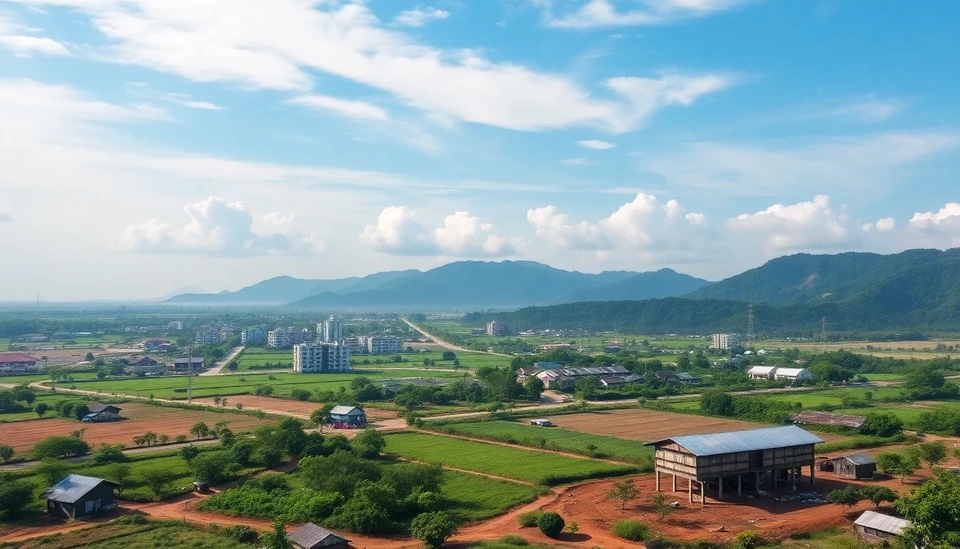
This is Southeast Asia's energy landscape: increasingly turning to fossil fuel as the region's growing needs keep stirring up an insatiable desire for energy. Earlier ambitions to transition towards greener energy solutions have been put aside, with the tigers of this vibrant part of the world finding it very hard to give up conventional sources of energy like coal, oil, and natural gas.
The affordable and easy energy that comes from fossil fuel sources has made them very hard for many Southeast Asian countries to resist. The double strain of growing economic growth and ever-increasing energy needs is showing signs of retreat in the efforts of countries toward green energy. Energy security concerns and short-term economic growth have outweighed the long-term environmental consideration of these countries.
With the current dependence on fossil fuel supplies, analysts say renewable energy targets set by the region are very unlikely to be met anytime soon. The slow pace of adopting renewable energy technologies and the inadequate infrastructure for them make it even worse. It would appear that Southeast Asia's commitment to reducing carbon emissions and to combating climate change is weakening.
Given the growth in the region, balancing economic development with environmental sustainability has become a key task for governments. While some countries actively invest in renewable energy resources, such efforts are dwarfed by the general dependence on fossil fuel. The rapid urbanization and industrialization spur energy demand to require these countries to seek short-term remedies rather than long-term sustainability.
This development carries serious implications for the planet's climate development, as Southeast Asia occupies a strategic position in the fight against climate change. Environmental advocates are urging regional leaders to double their efforts and implement policies that will give more bang for one's buck in renewable energy growth. Without serious commitment and resultant action, the region risks falling further behind in the global transition towards cleaner energy.
In a nutshell, the return to fossil fuels in Southeast Asia illustrates the complexity that faces every country in striking a balance between economic and environmental concerns. In deciding on which path to take at this energy crossroads, decisions made will have enduring impacts on their economic futures and the global climate landscape.
#SoutheastAsia #FossilFuels #GreenEnergy #ClimateChange #RenewableEnergy
Author: Peter Collins




